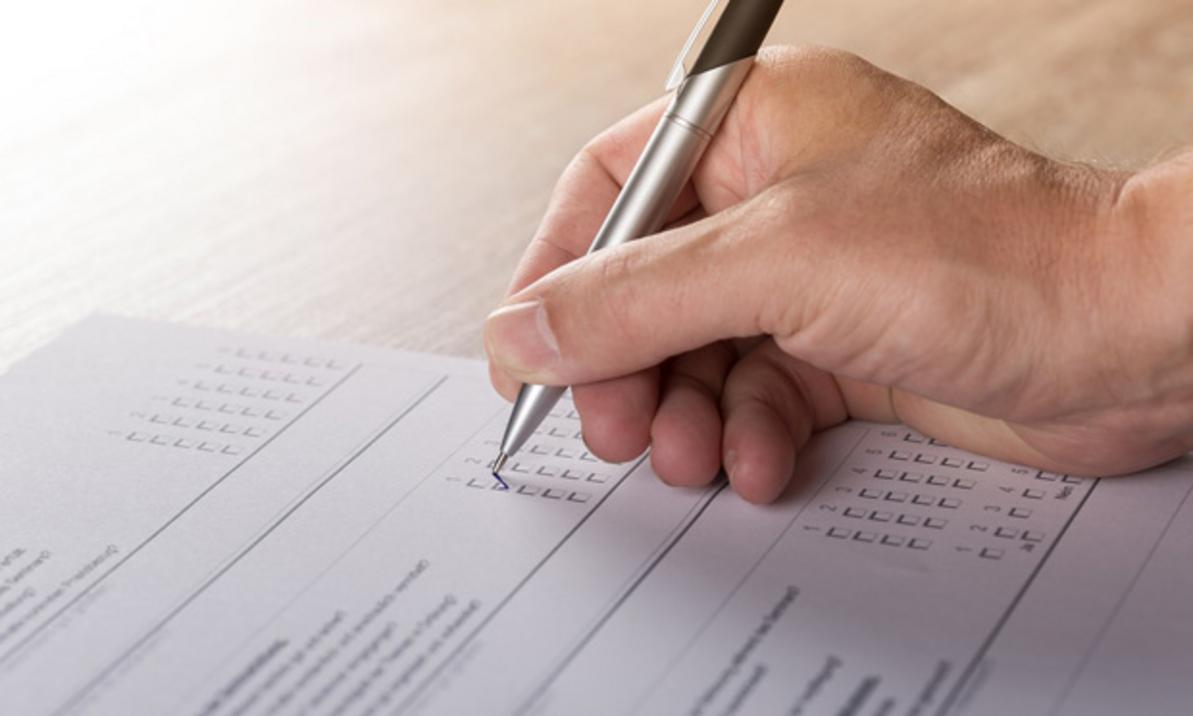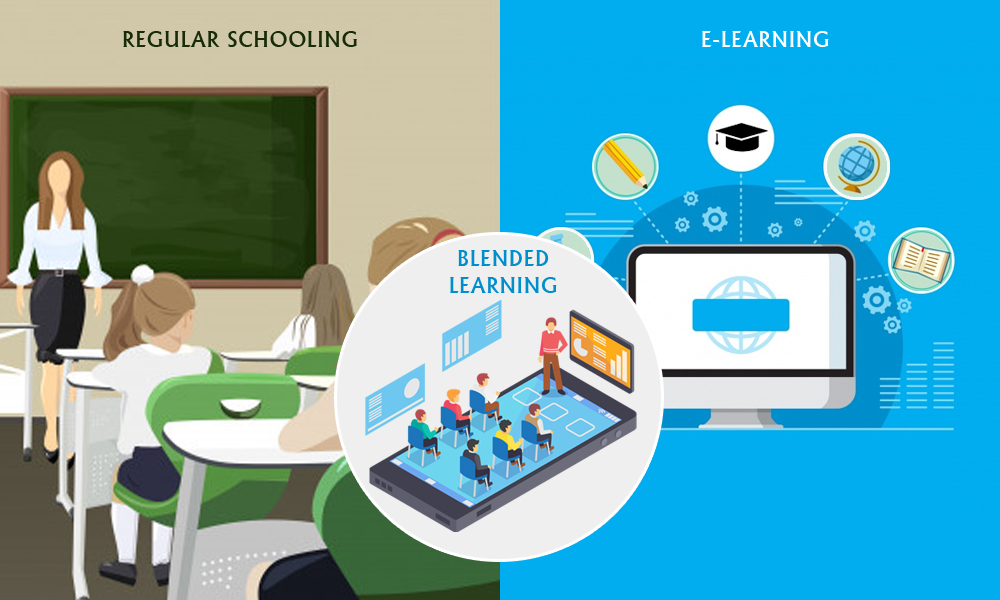
JAKARTA, inca.ac.id – Yo, fellow knowledge seekers! Ever feel like your university assignments just blend into one big, boring blob? I used to think ‘study reporting‘ was just another fancy academic term professors threw around to make themselves sound smart. But then—bam—I stumbled onto how analyzing news stories could actually boost my academic work big time. Let me take you through what I’ve learned (and even where I totally messed up) so you can grab these hacks for yourself.
How I Discovered Study Reporting Isn’t Just for Journalists

I gotta be honest: in my first year, if anyone said “analyze the news,” I’d just skim headlines. Why bother? I was focused on textbooks, not current events. Boy, was I missing out. One semester, I had this monster of a research project about economic trends in Indonesia. Instead of starting with academic journals like everyone else, I decided—kind of out of panic, actually—to check out the latest news on Kompas and The Jakarta Post.
What happened was wild. Real, present-day news gave my academic work more depth, color, even attitude. Suddenly, I wasn’t just quoting dry statistics. I was referencing yesterday’s headlines, connecting them to textbook theory, and—wait for it—impressing my lecturer. Not gonna lie, that ‘A’ felt good. So yeah, analyzing news can totally level up your study reporting game.
Why News Analysis Makes Research Pop (Seriously)
Okay, here’s where I started recognizing the magic. When you dig into news for your study reporting, you’re not just collecting data. You’re actually adding context and credibility. I realized that anyone can Google “economic trends”—but bringing up that recent fuel hike or a hot new policy from Bank Indonesia? Now you’re sounding like someone who really knows their stuff.
Another thing: news stories make academic work less dry. Instead of quoting some 90s textbook, I could hook my report with something fresh—like how today’s rupiah fluctuations play right into what Samuelson wrote about exchange rates. My professor totally nodded along in class (trust me, that never happens). It’s like giving academic theory a real-world voice.
Study Reporting: Pro Tips That Saved My GPA
Alright, check this out: here are a few tricks I use now, so you can skip my rookie mistakes (I made plenty!).
1. Pick Reputable News Outlets
I used to grab news from wherever—sometimes the sources were kinda sketchy (hello, clickbait city!). Don’t do what I did. Stick to official, trusted sources. In Indonesia, that means Kompas, Tempo, or international ones like BBC, Reuters, or The Guardian if you want global perspective. These outlets check their facts and are less likely to embarrass you.
2. Connect the Dots (Don’t Just Copy-Paste)
Here’s a mistake I made more than once: just dumping news quotes into my paper. Bad move. It made my reports choppy and kind of useless. What worked better was taking the news info, then linking it back to my assignment topic. Ask simple questions like, “How does this story relate to my hypothesis?” or “What trend does this headline reveal that ties into my research?”
3. Use Data, Not Just Opinions
It’s super tempting to latch onto opinion pieces, especially if the writing is spicy. But facts will always have your back in grading. When I started focusing on news that provided stats—like unemployment rates, inflation data, or official government statements—my reports started looking way more legit. I also learned how to cross-check numbers from articles against Knowledge from official academic papers. Double trust, double score!
Common Mistakes (And How I Learned Not to Repeat Them)
So let’s get real for a sec. I’ve messed up a bunch. The biggest? Not checking the date of the news article. Once, I included a policy update that was outdated by like, three years. Got called out hard in class. Ouch. Nowadays, I always double-check the date and see if there’s a follow-up or a policy revision in more recent news. Saved my butt a bunch of times since.
Another classic slip-up: confusing correlation with causation. Just because a news event happened around the same time as my research topic didn’t mean one caused the other. I had to learn to dig deeper and sometimes even challenge the news reporting with my own analysis. You’d be surprised how much professors respect that skeptical attitude. Plus, my research felt more original and less like I’d just stitched together random articles.
What I Wish I Knew From Day One
If there was one thing I could shout to every new student, it would be: don’t underestimate the power of current events in your academic work. Study reporting isn’t just a skill for journalists—it’s a weapon for anyone trying to make their essays and presentations stand out.
Side tip: I started summarizing major headlines each week in a Google Doc. That way, when an assignment came up last minute, I had a backlog of news tidbits ready to go. Huge time saver!
Why Google (and Your Audience) Love News-Driven Study Reporting
Got a blog or have to post your findings online? Good news—Google eats up fresh, relevant content. When you use recent, reputable inca berita as sources and tie them cleverly to your research, you’re giving both your lecturers and your online readers what they crave: real-world relevance. Plus, your writing gets more hits thanks to boosted SEO. Win-win!
Final Wisdom: Study Reporting for the Win
Wrapping it up, let me just say that learning to analyze news totally changed how I approach academic work. I turned boring assignments into conversations about what’s actually happening around me—and that made all the difference. Sure, I made mistakes along the way (and still do, honestly), but now my academic life feels more connected, current, and—dare I say—kind of fun.
If you’re stuck in a rut, try spicing up your next assignment or presentation with the latest headlines. Not only will you impress your lecturers, but you’ll start finding weird, wonderful connections that make your research way more memorable. Cheers to never writing a boring report again!
Read also about the Beat Generation to dive into the revolutionary literary movement that challenged societal norms, embraced free expression, and shaped postwar American culture.
#academic tips #analyzing news #research skills #student hacks #study reporting #university life







